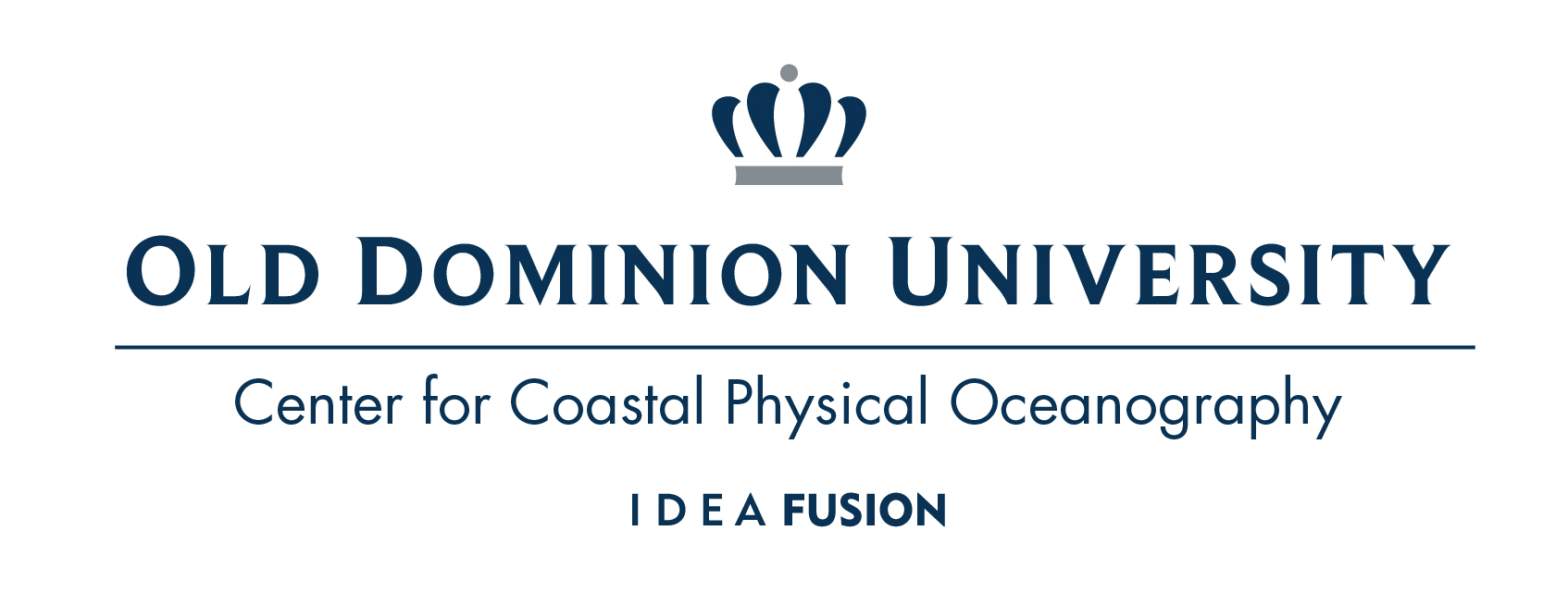

In coastal and esutarine systems, turbulent stress gradients
are leading order in momentum budgets and turbulent mixing strongly
affects the transport of materials such as dissolved oxygen, nutrients,
larvae and sediment. Wave orbital motion, bottom boundary layers, and
surface boundary layers can extend throughout the water column, and
turbulence is often affected by density stratification. Direct
measurements of turbulence are needed to develop and confront models for
turbulent mixing in these kinds of systems. In shallow water,
turbulence is typically measured using sensors that resolve velocity and
scalar fluctuations at high temporal resolution but do not resolve
spatial patterns. Surface waves advect turbulent eddies past these
sensors and the resulting time series are difficult to interpret. In
this talk, we will present results from DNS simulations and theoretical
analyses that were used to develop methods for estimating Reynolds
stresses, dissipation rates, and turbulent length scales from
measurements containing waves. We will also present results from a
field experiment designed to directly measure turbulence properties,
identify turbulence generation mechanisms, and quantify mixing in the
strongly-stratified, wind-driven Neuse River estuary.
Johanna Rosman completed B.S/B.E. degrees in Physics and Environmental Engineering from the University of Western Australia and M.S. and Ph.D. degrees in Environmental Fluid Mechanics from Stanford University. She is currently a Research Assistant Professor at the University of North Carolina at Chapel Hill's Institute of Marine Sciences. Her research area is coastal and estuarine fluid dynamics. Much of her current work focuses on turbulence in shallow, stratified systems, and flow over complex biological substrates such as kelp forests, coral reefs, and marshes.

|
CCPO Innovation Research Park Building I 4111 Monarch Way, 3rd Floor Old Dominion University Norfolk, VA 23508 757-683-4940 |

|